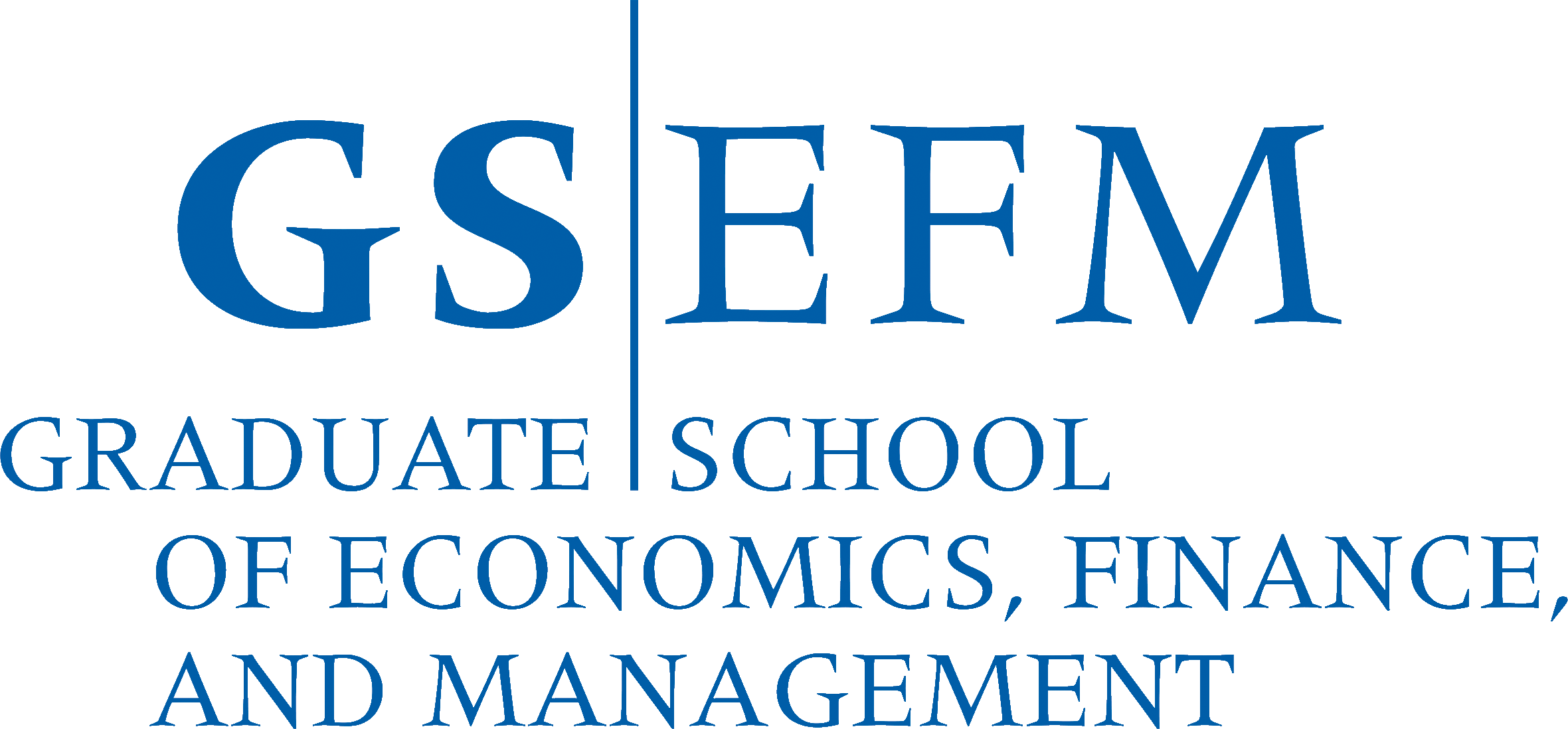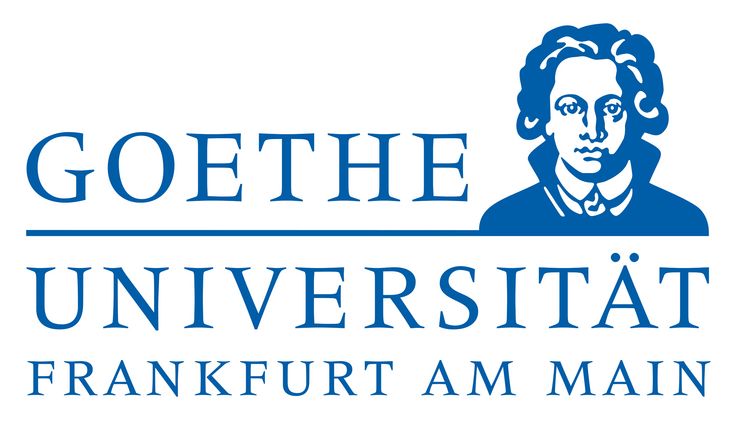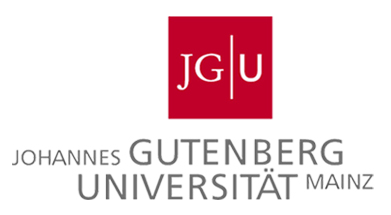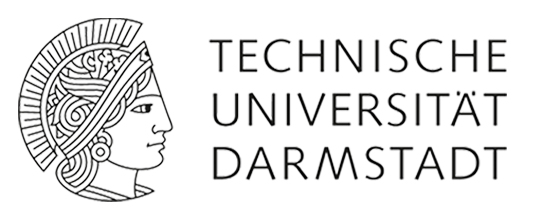Education:
Ph.D., Economics, GSEFM, Goethe University Frankfurt, 2022
M.Sc., International Economics, Graduate Institute, Geneva, 2015
B.A., Liberal Arts, St. John's College, 2011





RuW Postbox 46, Theodor-W.-Adorno-Platz 4
Goethe University Frankfurt,
60629 Frankfurt am Main, Germany
Phone: +49 157 711 480 60
Email:
p.pathak@econ.uni-frankfurt.de
Personal Website: https://sites.google.com/view/prakashpathak
Education:
Ph.D., Economics, GSEFM, Goethe University Frankfurt, 2022
M.Sc., International Economics, Graduate Institute, Geneva, 2015
B.A., Liberal Arts, St. John's College, 2011
Fields of Specialization:
Primary: Applied Microeconomics, Specializing in Development Economics
Secondary: Environmental Economics, Economics of Education, Political Economy
Curriculum Vitae:
References:
| Prof. Matthias Schündeln
Chair of Development Economics Goethe University, Frankfurt schuendeln@wiwi.uni-frankfurt.de |
Prof. Daniel Gutknecht
Chair of Microeconometrics Goethe University, Frankfurt gutknecht@econ.uni-frankfurt.de |
Prof. Devesh Rustagi
Faculty of Social Sciences The University of Nottingham devesh.rustagi@nottingham.ac.uk |
Job Market Paper:
The Consequences of Repeat Exams and Score Manipulation for Graduation Success: Evidence from Nepal
Abstract: High school completion positively affects employment and later life productivity. Yet, completion rates remain low, especially in developing countries. In this paper, I study the effect of requiring students to repeat the exams in the subjects in which they performed poorly on the students' future exam performance and on high school graduation. Because this policy seems to create an incentive for graders to manipulate scores, I also study the effect of manipulating exam scores to let students pass if they score just below the passing threshold on the students' future performance. To investigate these questions, I employ a unique high school setting in Nepal in which all students are promoted to grade 12 regardless of their grade 11 exam results, as well as administrative exam-level data covering all stu- dents taking these exams. I show that barely failing a grade 11 exam yet being promoted to grade 12, and thus retaking the failed exam during the next grade, lowers grade 12 exam performance and high school completion. Because students have to allocate time and effort to learning for currently failed exams they might be unprepared for future exams. I also find that manipulating exam scores lowers students' future performance relative to the counterfactual in which exam scores are left unmanipulated, possibly because it sends an incorrect signal to students re- garding the level of study effort required to pass. These results suggest that repeat exams as a stand-alone policy is ineffective, and graders ought to be discouraged from manipulating scores to mitigate low completion rates.
Other Paper:
Social Hierarchies and the Allocation of Development Aid: Evidence from
the 2015 Earthquake in Nepal
with Matthias Schündeln; Journal of Public Economics, 209(2022), 104607
Abstract: We study the role of discrimination and in-group biases in the allocation of public funds by community-based committees. Specifically, we investigate the effect of caste hierarchies on the amount of emergency aid given to households after the 2015 earthquake in Nepal. Local committees allocated aid immediately after the earthquake, and –officially– the amount of aid was a function of the magnitude of the housing damage. To identify discrimination and in-group favoritism in this context, we utilize rich data on house characteristics and housing damage and exploit exogenous variation in earthquake inten- sity. We first provide evidence for caste-based discrimination by these committees: Upper caste house- holds received more aid than lower caste households. Second, we find in-group favoritism among upper caste households: Upper caste households received more aid if individuals from their own (upper) caste were involved in the allocation of aid. In contrast, lower caste households did not benefit from the pres- ence of their own (lower) caste representatives in aid allocation committees. The results highlight the importance of social hierarchies in the study of favoritism and contribute to a better understanding of social structure for the implementation of development policy.
Institutions under Pressure: The Effect of Community Groups on Forest Preservation after a Natural Disaster
with Matthias Schündeln; Revise and resubmit requested by the Economic Journal
Abstract: We study the resilience of community-based institutions when they are under pressure. Specif- ically, we investigate the functioning of forest user groups in Nepal in the aftermath of the 2015 earth- quake. Disasters, such as earthquakes, can lead to pressure on these groups through their effect on the demand for forest resources as well as through possible negative effects on the enforceability of rules. Our study combines remote sensing data with detailed administrative data on forest user groups and exploits spatial variation in the intensity of the earthquake. We first show that the earthquake led to a significant increase in deforestation in the highly affected areas relative to the less affected areas. In our main finding, we then show that the earthquake-induced increase in deforestation is significantly lower in locations with forest user groups, demonstrating that these institutions lead to more sustainable use of forests even under pressure. More generally, our findings show that decentralization and shifting governance of local resources to community-based institutions can be an effective policy for reducing deforestation even in times of increased pressure on forest resources and institutions.